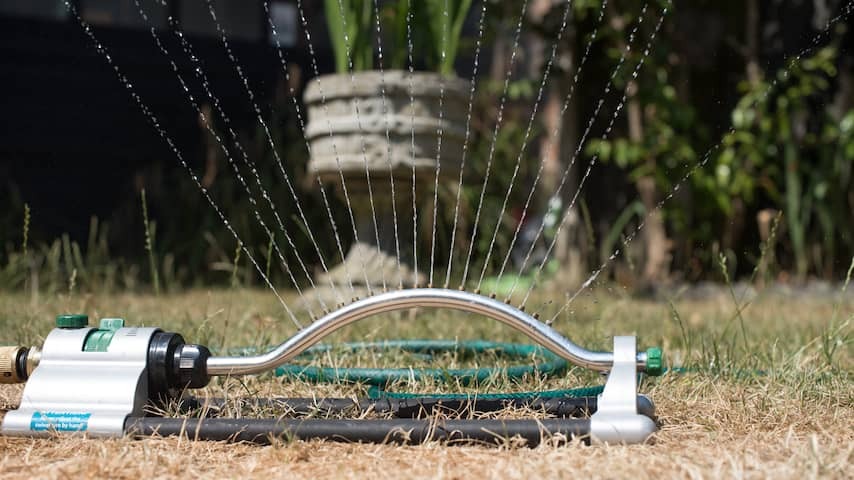
The European Commission wants Europeans to use less water. Unnecessary water is currently being wasted in all member states. In a new plan, the Commission is asking for a 10 percent reduction in 2030. “Water is not a given.”
Water is the source of life: humans and nature cannot live without it. At the same time, the availability of that water is under pressure, the European Commission writes in its Water Resilience Strategy. That is a plan for how European countries can become more ‘water-resistant’, with the help of governments, companies and citizens.
Currently, between 8 and 57 percent of water is being wasted unnecessarily throughout Europe, for example due to leaking water pipes or excessive use in various sectors. That is why the Commission wants to see a 10 percent reduction in water consumption across the EU by 2030.
How exactly this should work is up to the member states themselves. The water strategy is therefore deliberately called a ‘plan’ or ‘advice’; not a law. Water problems are new for many European countries. The Commission wants to give them time to come up with solutions themselves, with support from Brussels.
“Europe has a water crisis, just like the rest of the world. It is important that we solve that problem together,” said Jessika Roswall, European Commissioner for the Environment, Water and Circular Economy, at the presentation of the water plan.
The European Investment Bank (the bank that finances EU projects) is making 15 billion euros available over the next two years for European water management. It should encourage member states to share knowledge about water use and conservation with each other.
Pfas new problem, Commission looking at legislation
The European problems with water are on the one hand about the quantity: how much water is available for the time being. But there are also problems with the quality of the water. Both are exacerbated by climate change, which increases the chances of drought and water scarcity, flooding and pollution.
Pfas is the newest problem on that list. The toxic substance is already widespread in Europe, with several hotspots spread across the continent. The European Commission is also looking at ways to ban the substance from products in the EU. That is not yet the case. The Commission also wants the polluters – often companies – to pay the bill for removing those substances from the environment.